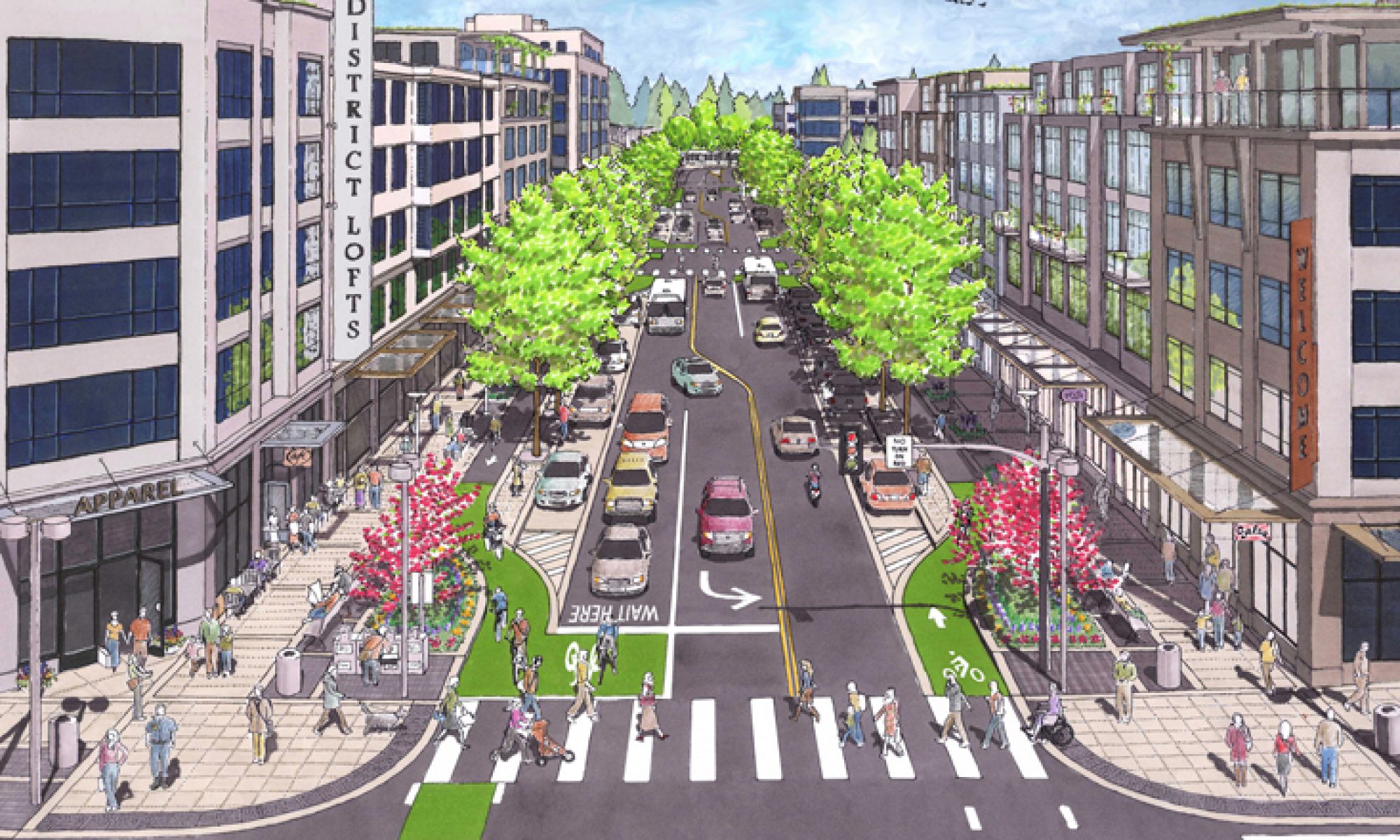Asbury Park is known as a progressive city, meeting challenge, and welcoming diversity. AP is ready to be proactive, by creating streets that provide safe and equitable access during COVID-19, and onward.
Asbury Park is preparing to create a new normal. City leaders are discussing opening streets for people to walk, bike, and move about in the business district and at the waterfront. It’s good to know that we are not alone and that other cities in NJ, around the US, and around the world are taking strong measures to increase walking and bike ridership. The UK just announced a “once in a generation” £2 billion plan to boost cycling and walking both during and after the lockdown, and stressed that “business would be boosted by more people cycling and walking” Forbes.
The question is whether we can resist the inclination to hop back into cars when we feel that the crisis has passed. Along with opening streets to people, driving even 10% less will make a difference. We need to maintain people-friendly streets and promote alternative transportation options to prevent the return of “car culture” Outside .
By preparing now our cities and suburbs will be more livable, and residents will be healthier while the viral pandemic persists, and will remain so afterward.














